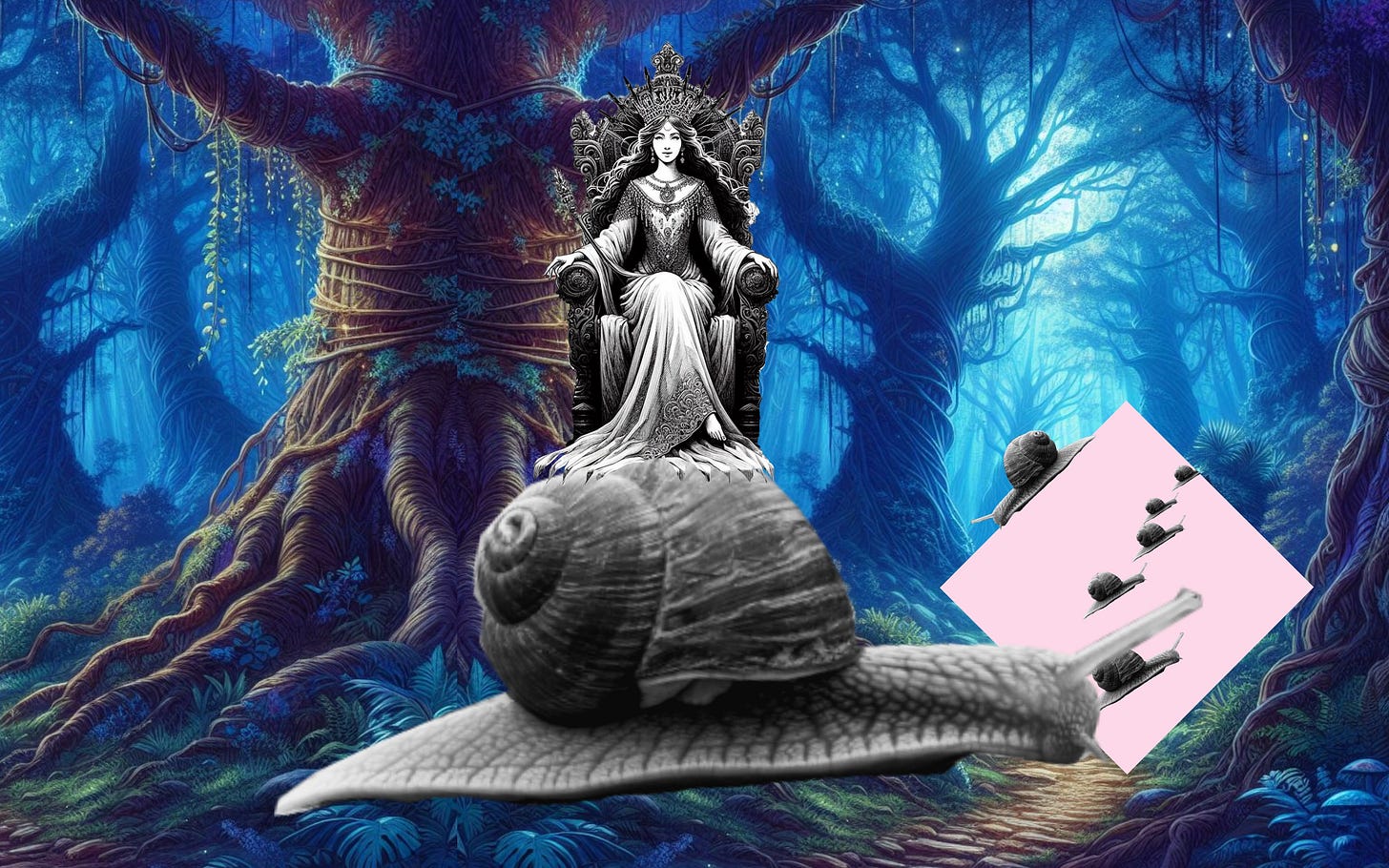Privilege My Principles
How to live with complicity
The other day, a friend and I discussed whether it's acceptable to accept funding from a well-known foundation that likely acquired its money through harmful business practices as long as the money is for a genuinely good cause.
The reality is that much of the money in circulation is likely obtained through exploitative means, including labor exploitation, environmental degradation, unfair trade practices, and financial manipulation. These exploitative practices often stem from systemic inequalities, power imbalances, and unethical behavior.
Despite our best intentions, it's challenging, to say it mildly, to avoid participation in these practices entirely. Even living in autarky is a form of participation. For example, using solar panels involves benefiting from years of engineering and resource exploitation, which can indirectly contribute to political upheavals, poor working conditions, and species extinction.
We are all already always complicit.
And grappling with this reality can be difficult for many of us. Most people do not wish to harm others, whether human or non-human, yet our actions may inadvertently contribute to harm.
Because there's no clear solution, we resort to typical defense mechanisms, such as denial, minimizing the problem, avoidance, intellectualization (me), projection, or repression.
The only "solution" I've discovered so far sounds and is so utterly boring, commonsense, and mundane that we dismiss it easily.
And when I say solution, I mean that tentatively. I believe that trying to find solutions is part of the problem. I like the term solutionism. It was coined by author Evgeny Morozov in his book "To Save Everything, Click Here." According to Morozov, solutionism often involves the belief that every problem has a clear and straightforward solution that can be achieved through innovation or technology.
So, while there might not be solutions to our complicity, there is still something that we can do: To live with integrity.
To live with integrity is to live by our principles as best as we can. Every single day.
Our decisions define who we are.
If we don't live according to our principles, if we disregard someone in need, if we take that flight, or cheat our colleague, we risk losing respect for ourselves.
And what is left of us without respect for ourselves?
If we lose our integrity?
We lose our dignity.
Dignity is not something that can be given to us. It is the marrow-deep recognition of our own worth sprouting from what we do. To have dignity is to be comfortable in our own skin. Dignity emerges in the way we carry our own story.
Who are we without dignity?
Life Advice to Self
Principles above cost-benefit.
Don't give in to a utilitarian analysis about what you should do.
Help a friend? To help a friend. Don't ask what's in it for you.
Visit your grandma in the hospital. Don't ask what's in it for you.
Don't ask how much you spend vs. what you get in return.
Things you spend: time, energy, money.
If your life is optimized by these, then you continue making a cost-benefit analysis.
You turn the other into a transaction.
What happens when you turn something into a transaction when you turn the other into an object to use?
You take away their dignity. And your own.
Disregarding other's dignity is disregarding your own dignity. Dignity emerges not only by recognizing your own self-worth but also by recognizing the self-worth of others.
According to Kant, recognizing the dignity of all human beings means that it is unethical to exploit people or treat them merely as instruments to further one's own personal goals and interests. I add: the same goes for non-humans.
"Ultimately, it's not about granting animals personhood, but about acknowledging and valuing their animalhood – and their planthood, their subjecthood, their beinghood. It's about allowing them to be themselves while working with them to structure the world for the benefit of all of us." James Bridle
The neuroscientist Gerald Hüther suggests that the environmental crisis reflects a crisis in dignity. He argues that our failure to respect both ourselves and others has led to a transactional mindset, undermining our ability to appreciate the intrinsic worth of others.
This loss of dignity was anticipated by thinkers like Nietzsche, who warned of the individual's submersion within the herd mentality and the prevalence of a "slave morality." Similarly, Marx observed the dehumanization of modern society, while Kafka depicted in his stories how individuals can literally lose their identity as persons.
Living with dignity is adhering to our principles as best as we can. On a daily basis. Which in turn requires having principles. Developing sound principles results from having and practicing a philosophy. Living a philosophical life is living with dignity.


